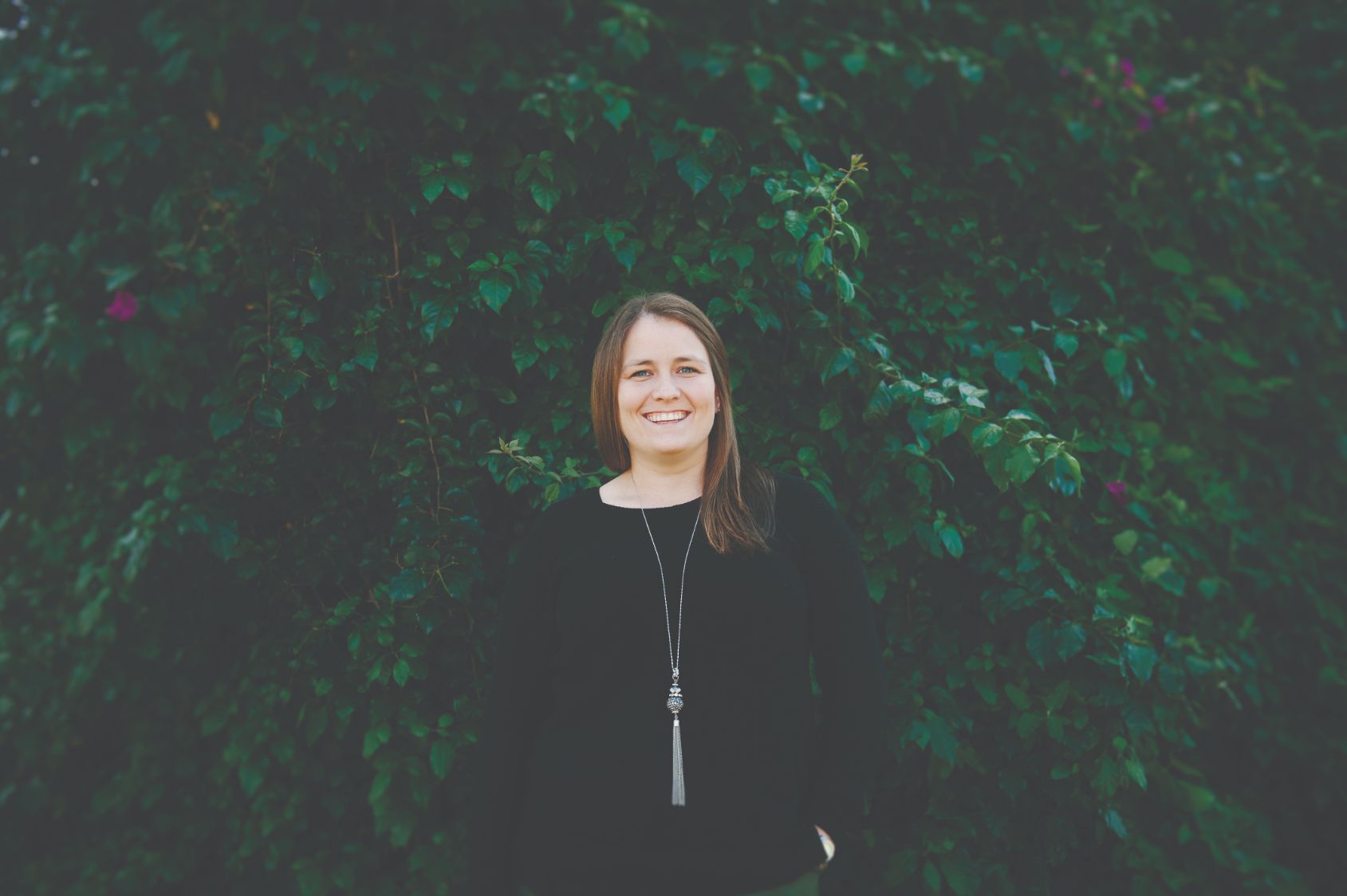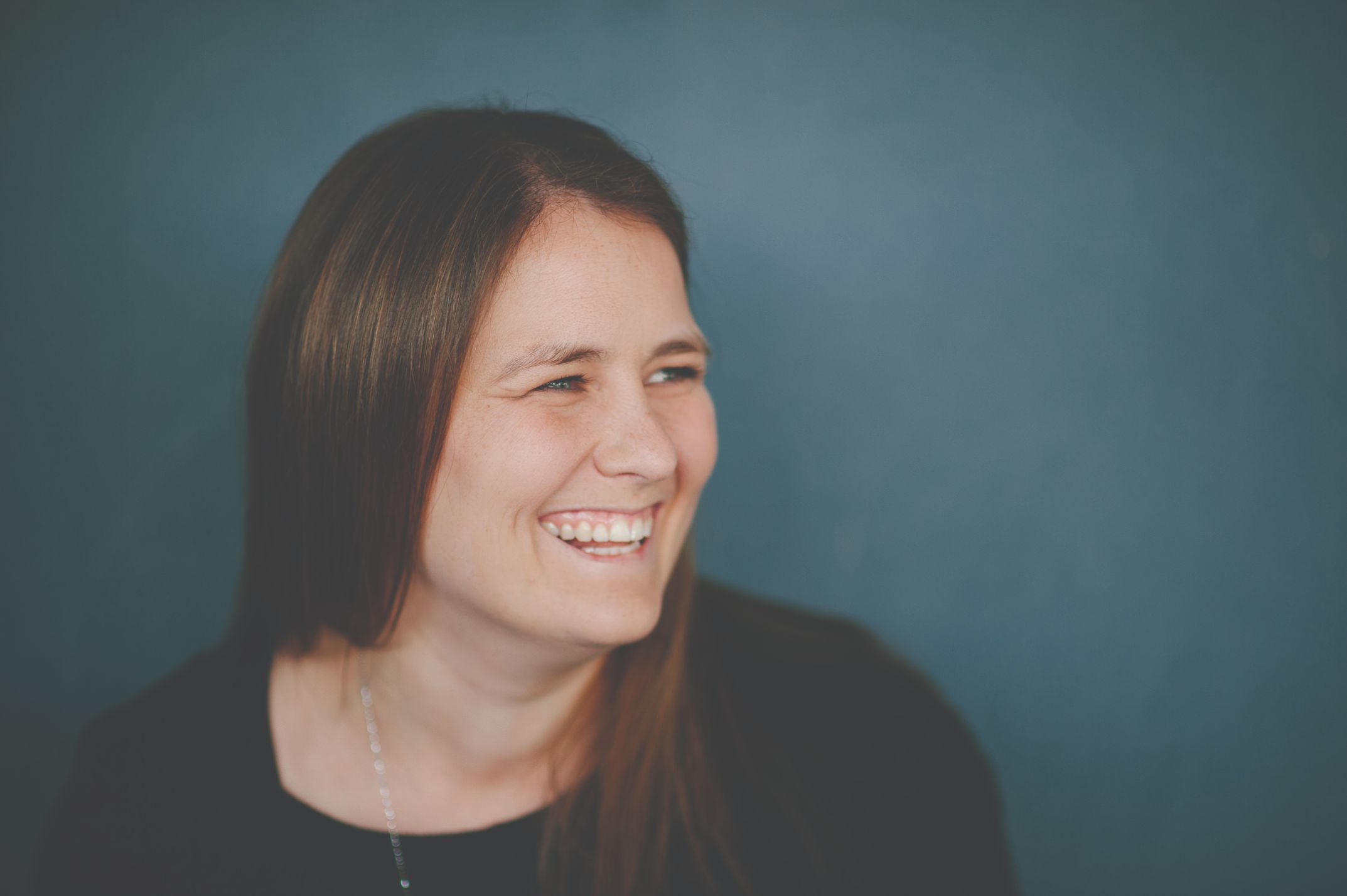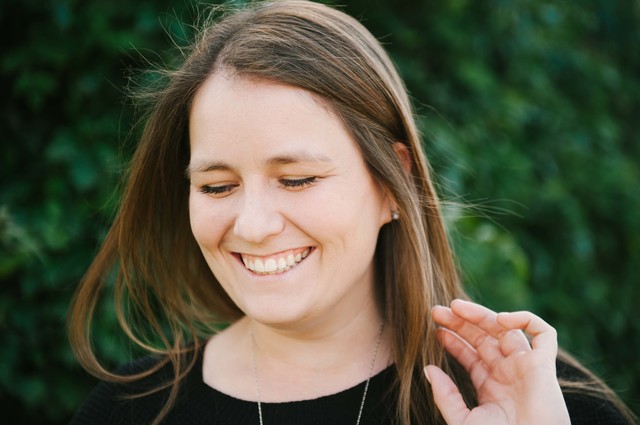Automatic language translation
Our website uses an automatic service to translate our content into different languages. These translations should be used as a guide only. See our Accessibility page for further information.

I sat next to Millie as she lay in the hospital bed, paralysed and petrified. Work hours were well and truly over, but I wasn’t going anywhere.
Millie had been in a car accident, leaving her with no feeling in her legs. But that wasn’t why she was scared. Millie used this time away from her husband Chris to tell me her story. It took several hours to hear about her life with Chris. It was filled with cruelty, torture and violence so horrible it made my skin crawl. They had four children together – Chloe, Lauren, Anthony and Matt – aged from 6 to 13. At that moment they were all with their dad.
As I listened, I went from wondering why Millie kept taking Chris back, to being amazed by her acts of resistance and ability to survive. Every time she left, Chris became more and more erratic, desperate and dangerous. Millie explained that staying with Chris increased her chances of staying alive and keeping her children safe. Mothers are often judged for going back to violent partners. Millie taught me to think differently. She had endured years of abuse to keep her children alive – what’s more protective and courageous than that?
Once I understood how dangerous Chris was and how much Millie needed to be away from him, I knew what my job was. I stepped into action. I talked to the nurses and we worked it out so Millie could be admitted anonymously. We also moved her to a new room so Chris couldn’t find her next time he visited.
Millie told us that Chris had an appointment with a drug and alcohol service the next day – it meant he would be out and the kids would be home. It was the opportunity to get them to safety. I called my manager Colleen and we worked on a plan together. After a sleepless night, we were both back in the office by 7.00am, ready to get those kids to safety.
I first spoke with someone I knew at the service, who agreed to call us when Chris got to their office and when he left. Next I flagged with the local police that we may need their help. As soon as we got the call we raced to the family home. After finding that Chris had locked the children in the house, I spoke to the eldest boy Matt through the window and explained that we were there to help. He opened the door and all the kids came out. The police were helping us get them into the car when we saw Chris running down the street towards us yelling. He had been tipped off by a neighbour when the police pulled up. It was intense, but we got everyone bundled in and drove away just in time, leaving the police to deal with him. The children were nervous, but none of them shed a tear or asked to talk to their dad. They just kept saying, ‘Dad’s going to kill us for going with you.’
Because Millie was in hospital, the children spent a couple of days with a carer. But first we told Millie her children were safe. And straight away she started to regain feeling in her legs. Just like that. A couple of days later she walked out of the hospital. The doctors were stunned. Later Millie told me she believes her body shut down due to all the stress she was under. I am convinced the children gave her a reason to be well; they needed her.
The next six weeks were a blur. We moved the family from hotels to houses and back again. We were working with a small team of carefully chosen professionals, but I still felt sick to my stomach that Chris would somehow use his charm, or his fists, to find out from one of them where his family was hiding. In the past, Chris had proved to be resourceful in finding the family, so we only told people who absolutely had to know.
I was lucky to spend a lot of time with the children and I learnt more about their lives. I’ll never forget when Matt said dinner times were the worst. They would eat really fast to get out of the kitchen because their dad would hit them over the head. Some nights it was because they left food on their plates; some nights it was because one of them asked what was for dinner; and some nights it was just because.
We worked 24/7 behind the scenes to keep the family safe. We gathered information from other agencies and listened to the family’s experiences. The kids told us plainly that they believed their dad would kill them one day. We took them seriously and acknowledged the depths of their fear. After careful consideration, we decided that the children would never be safe with their dad in their lives. On the other hand, Millie was the children’s protector and safe haven – we had to keep them together with her.
At the same time, I was working with Chris to help him understand why he couldn’t see his children. This was new work for me and it was tough. Chris put on the charm. He told me how much he loved his kids and became teary and remorseful when talking about his violence. Chris was convincing and it was a challenge to make sure no one working with the family gave him information that could give away the family’s whereabouts. There were a number of times we had to keep everyone on track and remind them of Chris’ criminal record and history of violence. He could be very persuasive and had a way of making everyone feel sorry for him, rather than keeping the children’s safety at the forefront of our minds. We spoke a lot about this together. It was okay to feel sorry for him and his remorse may have been genuine – but it didn’t mean he was safe.

We had to hold back some identifying information from the Children’s Court, because this would have given Chris clues about the family’s whereabouts, but also had to make sure we weren’t compromising the evidence the court needed to make a fair and just decision. Millie had told us Chris was cunning. He would call all the time asking as many questions as possible to see if we’d slip up. We had to be one step ahead of him at all times. In the end, given Chris’ criminal record and our evidence, the magistrate granted an order that meant the children will not see their dad until they are 18 and can decide for themselves.
Our greatest dilemma was finding not one but two homes far away from here. Millie’s parents are the family’s greatest support and had agreed to be relocated secretly to be by their side. Our housing colleagues were amazing and found two homes close together.
Also on our list were the pet dogs. Chris had tortured the dogs in front of the children to show them he held all the power. Sadly, a few of them had responded by becoming dangerous and had to be surrendered. Millie found this heartbreaking. Thankfully they were able to keep their littlest dog, Fred. The Family Violence team had him rehoused during the upheaval and reunited with the family in their new home.
Working with Millie and the children has been a real game changer in how I view safety for our families. Refuges and AVOs are not always enough to protect women and children from violence. This family could never be safe whenever Chris could find them. It was a big ask, but for them, safety could only be found by changing their lives completely.
We’ve done everything we can think of to protect their identity and begin the healing process. The children have been silently enrolled in their schools, and support services working with the family have been carefully selected and briefed about their anonymity. We’ve arranged for the kids to get counselling and other support to start afresh, but we know this will take some time.
I couldn’t settle until I went to visit the family in their new home. I felt I could finally exhale when I got there and saw them safely together. Millie still questions herself all the time about the decisions she has made over the years. I reminded her, ‘You did everything you could, you made the right choices – you and your gorgeous children are alive.’
They have a new caseworker now, close to where they live, but I’m grateful whenever I hear from Millie about how they are doing. I miss the kids so much – their sense of humour, their love for their mum and how they have stuck together through all of this.
There is so much love there and I know they have lots of wonderful times ahead. Millie has taught me more about violence than any training ever could. She is an amazing woman. I will never forget her.
My husband Chris would say, ‘You have to leave me, Millie; I think I’m going to kill you one day.’ He slept with a machete under his pillow and kept a double- barrel shotgun in the cupboard, so I didn’t doubt him. In the weeks leading up to the car accident, he choked me a few times and told me next time he wasn’t sure he would be able to stop.
I honestly think I would be dead by now if it wasn’t for that crash. Things at home were spiralling out of control and every day I would pray to God to rescue me. Chris’ mood would change every five minutes and it didn’t seem to matter if I did something wrong or not, everything was always my fault.
I wasn’t allowed to go very far without him. After I dropped the kids at school I would race home in a panic. If I was even a minute late, he would rant and rave at me, ‘Where have you been? Who were you talking to?’
Over the years Chris has broken a lot of my bones. I was in the bathroom one day and Chris knocked on the door. Because I didn’t answer after the first knock, he came at me wearing steel-capped boots and kicked me while I was in the shower. He broke all my ribs on one side. Then he slammed a wooden box into my head. Afterwards, at the hospital, I remember the nurses picking splinters out of my scalp. He went to prison for that one, but only for 12 months, and he came out angrier and stronger than before.
Chris enjoyed making the kids watch his violence towards me. Sometimes he would wake them up and bring them out of their beds so they could see me being hurt. I would try and get out of the room so they wouldn’t see, but he would pull me back in. He could drag me from one end of the house to the other by my hair. I would shield my face when Chris attacked me and my fingers would break under his punches. My hands still ache when it’s cold all this time later.
I tried to leave Chris so many times. I spent time in refuges but he would always find us. The worst part was that the courts allowed him to see the kids. He would use these visits to try and charm his way back into our lives, buying presents for the kids, saying he was sorry. But then he would get frustrated because I wouldn’t take him back and the threats to kill us would start up again.
I remember one day he followed us home from a supervised visit at a play centre. After that it was too risky. Chris would climb onto my balcony and watch me sleep and the next day he would tell me what I was wearing to frighten me. In the end, the terror would drive me to let him back into our lives. At least this way I knew where he was and had some control over the situation.
I never felt like anyone I reached out to could truly keep me safe. Chris was slippery and seemed to be able to work the system so he always came out on top. I felt like I was the only one who could keep us alive.
I’m starting to relax a bit more now and my focus is settling the children into their new schools and building a new life together. We have a much calmer home now. They have discovered scooter riding and absolutely love it. I’m always tripping over scooter parts, or friends’ shoes lying all over the house, but I don’t really mind. I love seeing my kids have joy in their lives, wherever they can find it. For me, I hope one day down the road I can help other women living in my situation, and maybe something positive can come out of all this violence.

Director Community Services Sydney NSW Department of Family and Community Services
Millie’s act of bravery to resist years of cruelty so that her children remained safe is truly inspiring. I am also deeply impressed by the bravery that both Kayleigh and her manager have shown in acting to personally confront Millie’s partner and his ongoing attempts to control the lives of his family.
While Millie’s success is clearly linked to her own resolve and resilience it could not have been achieved without Kayleigh’s resourcefulness and her genuine respect and empathy for Millie and her family. I was moved that Kayleigh emotionally connected to Millie’s needs and used this connection to act decisively in bringing the family to safety.
Kayleigh’s ability to respond to risk through acting on the dreams and aspirations of Millie and her children and trusting the formal and informal support system around the family was clearly an enabling factor in the family getting to safety. This empowerment and trust is a further testament to the depth of Kayleigh’s practice.
The work of Kayleigh and her manager in bringing hope and success to Millie and her family serves as an example of the dignity driven practice we all need to show if we are to support families to live rich and meaningful lives.
16 May 2023